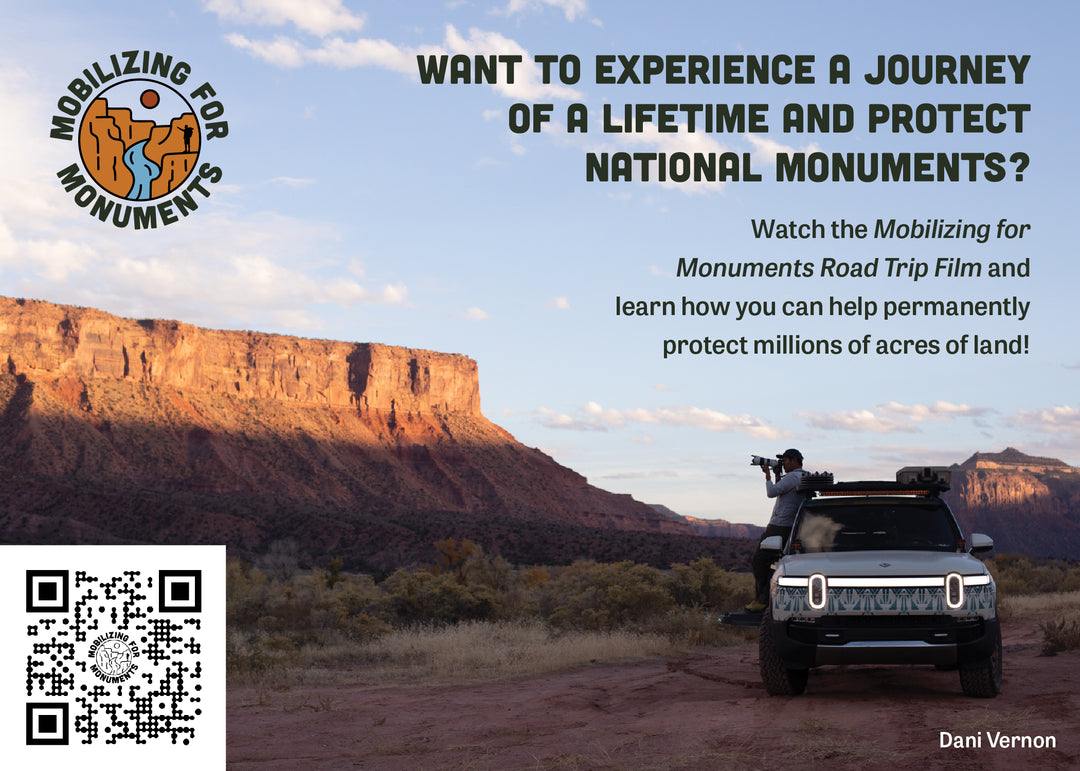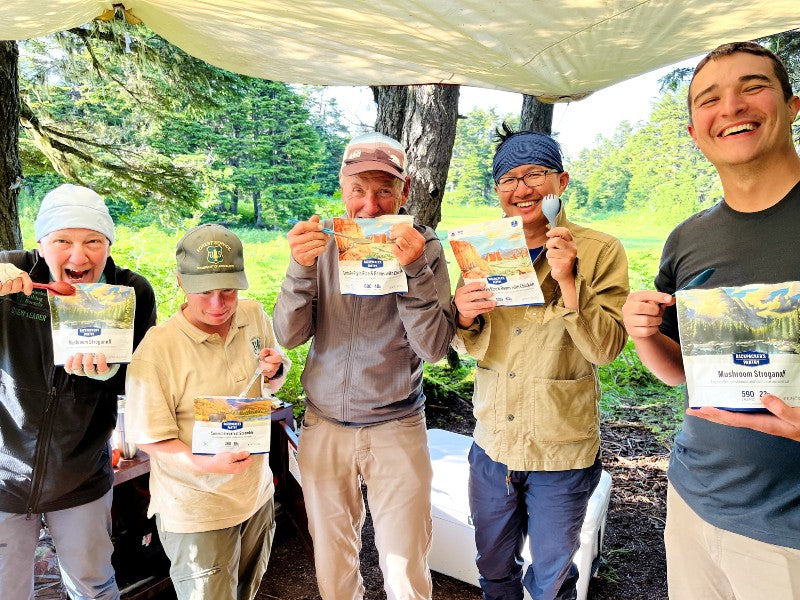Leave No Trace Camping - Pack It in Pack It Out | Backpacker's Pantry

The Key Principles of Leave No Trace Camping
When you start exploring the outdoors, you're likely to hear the phrase "leave no trace" more than a few times. In essence, this means appreciating the outdoors without making a direct impact on the environment. Here's how you can enjoy natural spaces without causing harm.
Choose your campsite wisely
It's important to remember that good campsites should be found and not made. Ideally, you should look for durable surfaces, including dry grasses, snow, rock, trails and established campsites. It's generally best to alter an area as little as possible when setting up camp. You should also help preserve riparian areas by camping a minimum of 200 feet from streams or lakes. If you can't find an established campsite, look for areas where vegetation is sparse or absent.

Hike in a mindful manner
If you're hiking through a more popular area, try to stay on existing trails. If you are in a group, walk in the middle of the trail in single-file formation. If you are in a less popular, more pristine area, try to disperse to keep from creating artificial trails. You should also avoid any areas where human impact appears to be altering the terrain.

Pack up what you bring
It's critical that you dispose of any and all waste, along with leftover food items. Be sure to pack up litter and carefully inspect the area for any spilled food. You should also dig 6- to 8-inch catholes to hold human waste, being sure to keep these at least 200 feet from trails, camps and water sources. Before you leave, cover your catholes with dirt and natural debris. If you bring soap and toilet paper, make sure they are biodegradable.

Leave what you don't bring
While you should take the time to appreciate artifacts, plants, rocks and other natural objects; you should never take them home with you. It's also important to avoid transporting or introducing non-native species into a new environment. Avoid digging trenches or building structures, unless you can easily break them down before you leave.

Minimize the impact of campfires
Be sure to only start campfires where permitted, using established fire pans, fire rings or mound fires. When possible, use a lantern for light and a stove to cook. Keep your fires small, and only use sticks from the ground that can easily be broken by hand. Always burn wood and coals down to ash and put out your fire completely before moving on.

Respect the local wildlife
It's perfectly fine to observe wildlife from a distance; however, you should never approach them. You should also never feed wild animals, since this can alter their natural behavior, damage their health and expose them to other dangers. Be sure to store rations and trash in secure containers. Control pets and try to avoid wildlife during sensitive times, when they are nesting, mating or raising young.

Be considerate of others
When you encounter other outdoor enthusiasts, be sure to be respectful and courteous. Yield when you encounter other hikers on a trail, and always step to the downhill area if you encounter pack stock. Avoid making loud or boisterous noises, and always try to let nature's sound and beauty prevail.

Backpacker's Pantry provides gourmet backpacking food for outdoor enthusiasts of every level and background. Browse our lightweight, nutritious food for the trail.



